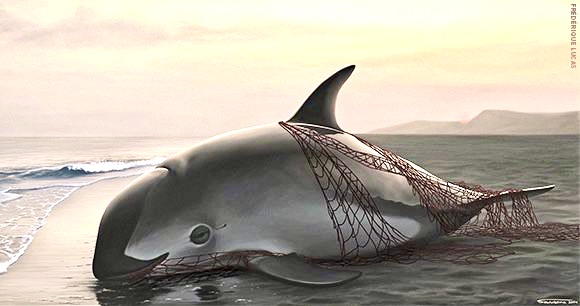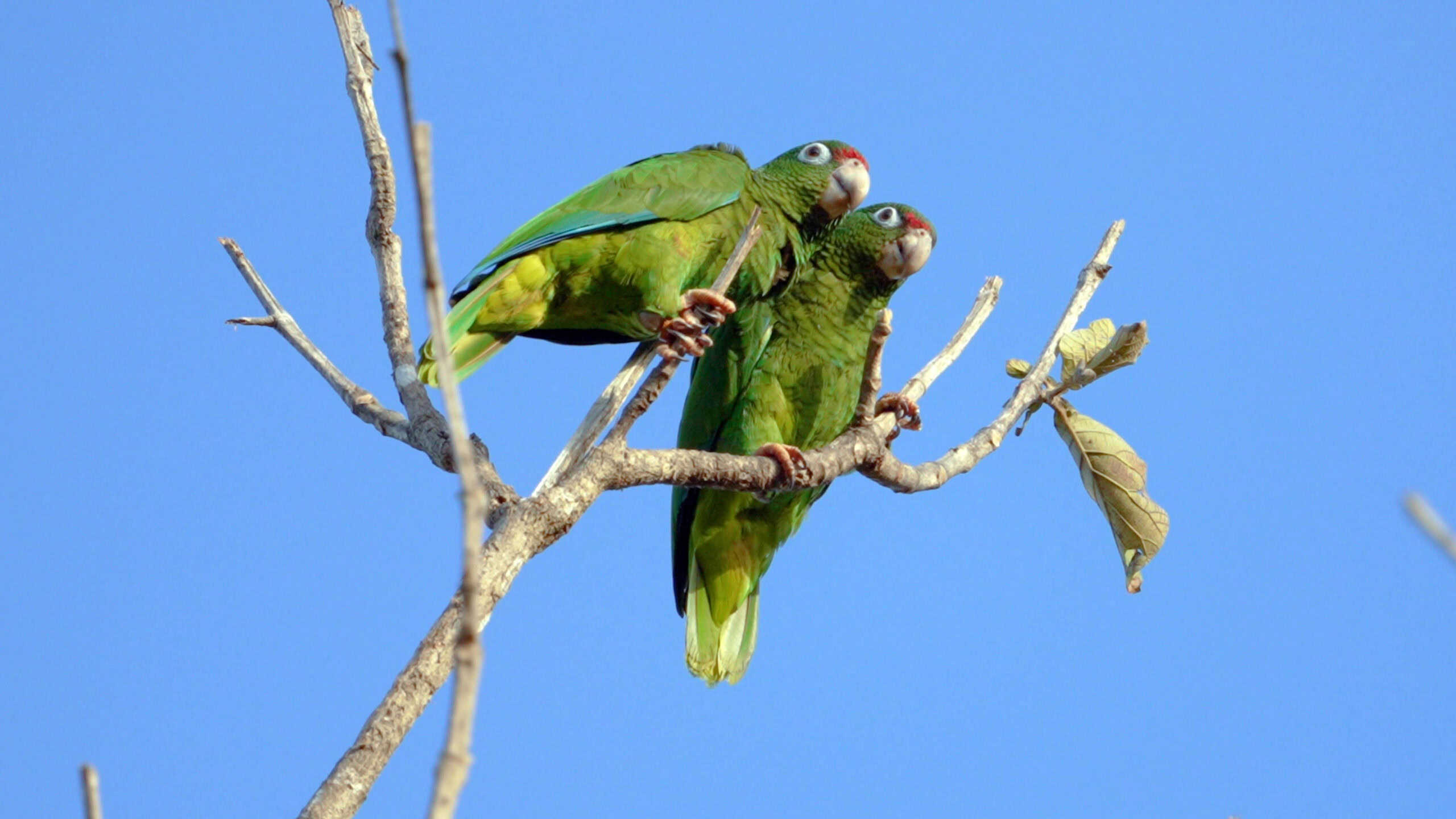Going back thousands of years, humans seem to have always carried an innate belief that their lives are more important than animals. Given that an animal cannot articulate and communicate its thoughts (though there are humans that struggle with this also), it has always been very easy to capture, kill, eat or display our fellow sentiants.
These carnivorous volunteers, not needing flesh to survive, are more barbarous than the most savage predators. It strikes me as strange that, while the most human trait we possess is empathy; using the conscious to relate to and feel another’s emotions, we are perfectly willing to let entire species die out, or eat from a selection of caged-hens.
Humanity, in many ways, has become a violent, cubist caricature of itself. While there are organisations that set out to replenish the earth’s biodiversity (some of which are experiencing a lot of success), there is still a planetary concern in regards to the amount of life that is being lost each year.
For example, with the current extinction rate at 0.01%, over 10,000 different species will go extinct this year alone. To put this into perspective, the last time there was a higher extinction rate it was experienced by the dinosaurs. Below are examples of a few incredible species nearing extinction as well as information on the countries of which they inhabit.
The third highest ranked country, in terms of mammal extinction, is Mexico. The government, who have regularly failed to enforce adequate anti-poaching and conservation policies, are losing species that have been on the endangered list for over two decades. One species on this list, is the Vaquita Porpoise, a marine mammal resembling a small dolphin. It is thought that there are around thirty of these animals left on the planet. With the smallest range of any marine mammal (living within around 4,000 square miles), the vaquita is a shy animal whose biggest threat is swimming into fishing nets. Although gillnets have now been banned in vaquita waters by the Mexico government, illegal fishing is still ripe and if something is not done urgently, we extinction of this mammal will be imminent.
Next in the list of countries with the most endangered mammals, with over 120 threatened species, is the island of Madagascar. Widely known as the only place in the world that Lemurs inhabit, this island has experienced a downfall of biodiversity since humans first discovered it 2,000 years ago. Deforestation has caused a huge problem for the lemur, over half of which of all species are listed as endangered or threatened, as their habitats have been vastly reduced, bringing with it food and shelter shortages and confrontation for space with other groups. The situation is that bleak that the Lemur is now considered the most endangered mammal on earth.
Lastly, the country with the highest mammal extinction is Indonesia. There are over 188 threatened species in Indonesia, including the Javan Rhinoceros. Although there has been no reported poaching of this animal since 1990, there are still only around 60 of these rhinos left. Having been left with a small habitat, they have become susceptible to inbreeding, disease and natural disasters.
What you can do
Support ‘Fighting for Wildlife’ by donating as little as $1 – It only takes a minute. Thank you.
Robert Lovell
Robert Lovell is a writer and editor with a love of wildlife and a passion for environmentalism. He is based in the north of England but loves to travel.






Leave a Reply